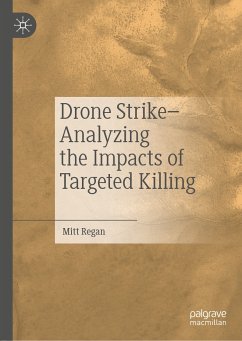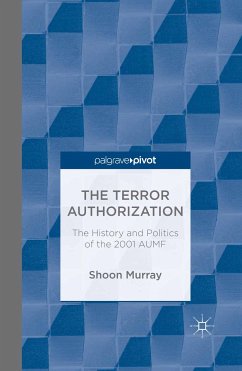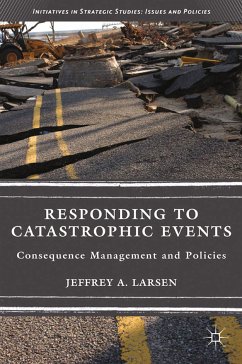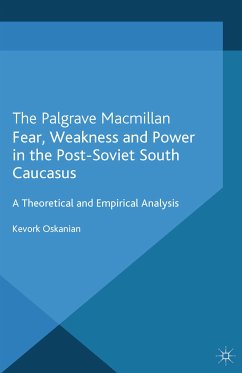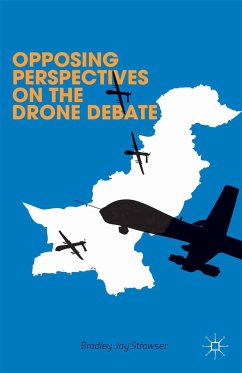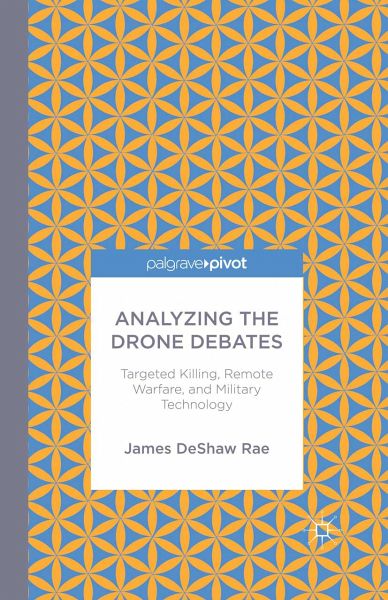
Analyzing the Drone Debates: Targeted Killing, Remote Warfare, and Military Technology (eBook, PDF)
Versandkostenfrei!
Sofort per Download lieferbar
40,95 €
inkl. MwSt.
Weitere Ausgaben:

PAYBACK Punkte
20 °P sammeln!
The book examines principal arguments for and against the use of unmanned aerial vehicles for surveillance and 'targeted killing.' Addressing both sides of the argument with clear and cogent details, the book provides a thorough introduction to ongoing debate about the future of warfare and its ethical implications.
Dieser Download kann aus rechtlichen Gründen nur mit Rechnungsadresse in A, B, BG, CY, CZ, D, DK, EW, E, FIN, F, GR, HR, H, IRL, I, LT, L, LR, M, NL, PL, P, R, S, SLO, SK ausgeliefert werden.



